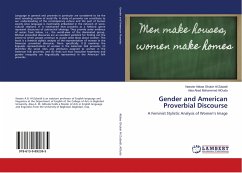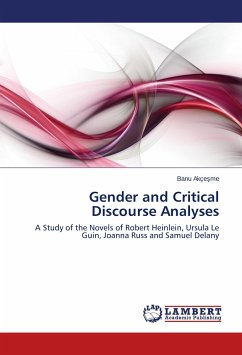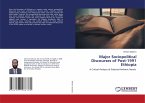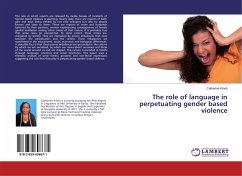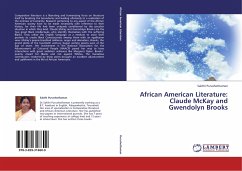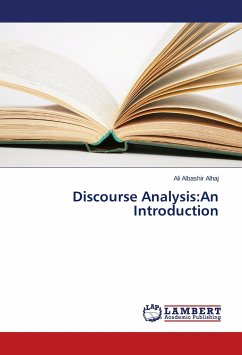Language in general and proverbs in particular are considered to be the most revealing archive of social life. A study of proverbs can contribute to our understanding of the contemporary culture and the past of human society since language is inextricably embedded in the network of socio-cultural relations. It is maintained that proverbs as a folkloric genre represent discourses of patriarchal ideology. They provide some evidence of voices from below, i.e., the world-view of the dominated group. Woman proverbial discourses are an excellent yardstick for finding out the extent to which people continue to accept sexist ideas about women. This book is a feminist stylistic analysis of the representation of woman in the American proverbial discourse. More specifically, It (i) examines the linguistic representations of women in the American folk proverbs; (ii) identifies the social roles and attributes assigned to women in the American folk proverbs; and (iii) finds out how masculine hegemony and gender inequality are linguistically represented in the American folk proverbs.
Bitte wählen Sie Ihr Anliegen aus.
Rechnungen
Retourenschein anfordern
Bestellstatus
Storno

